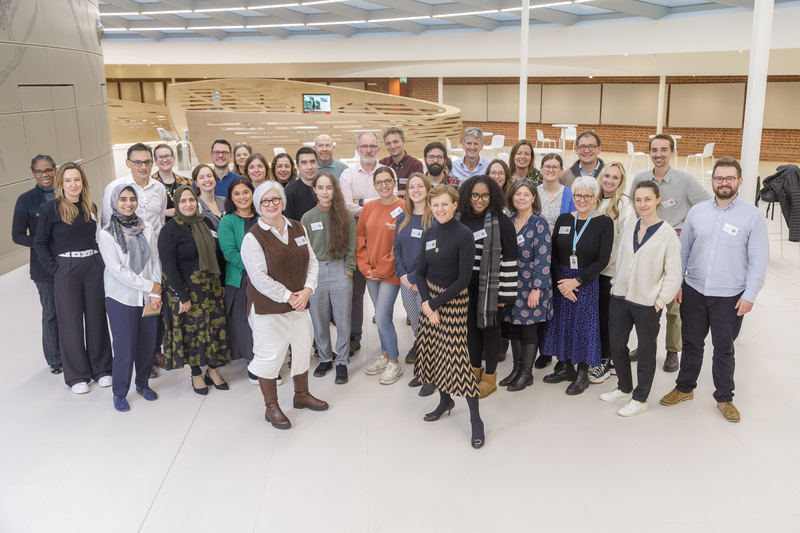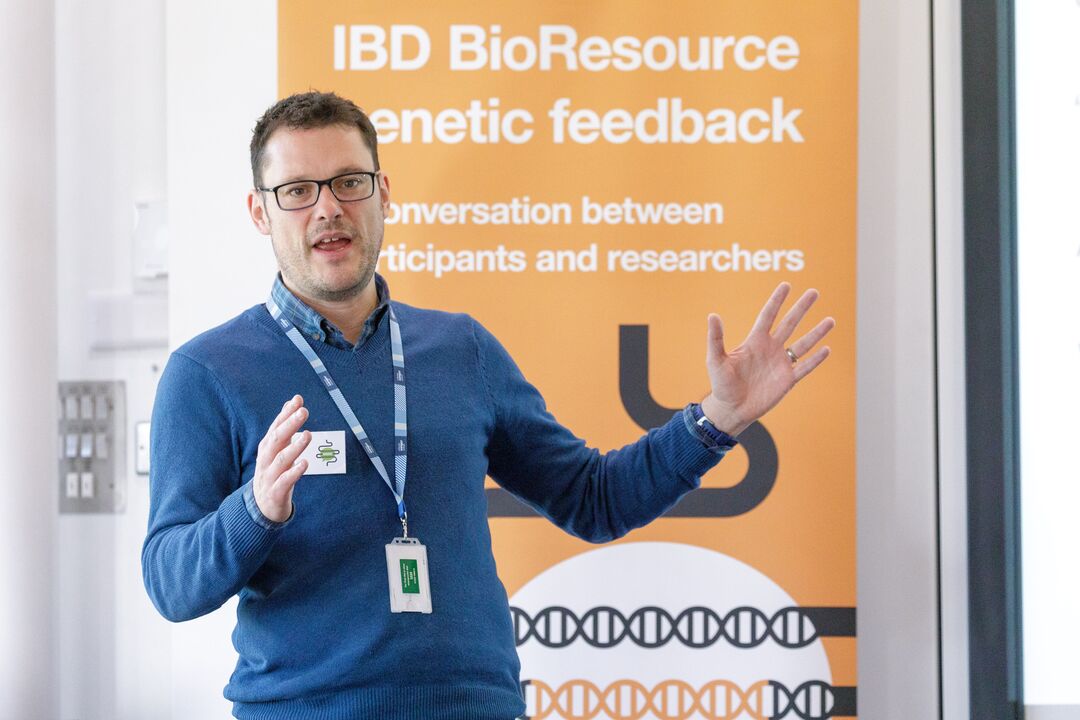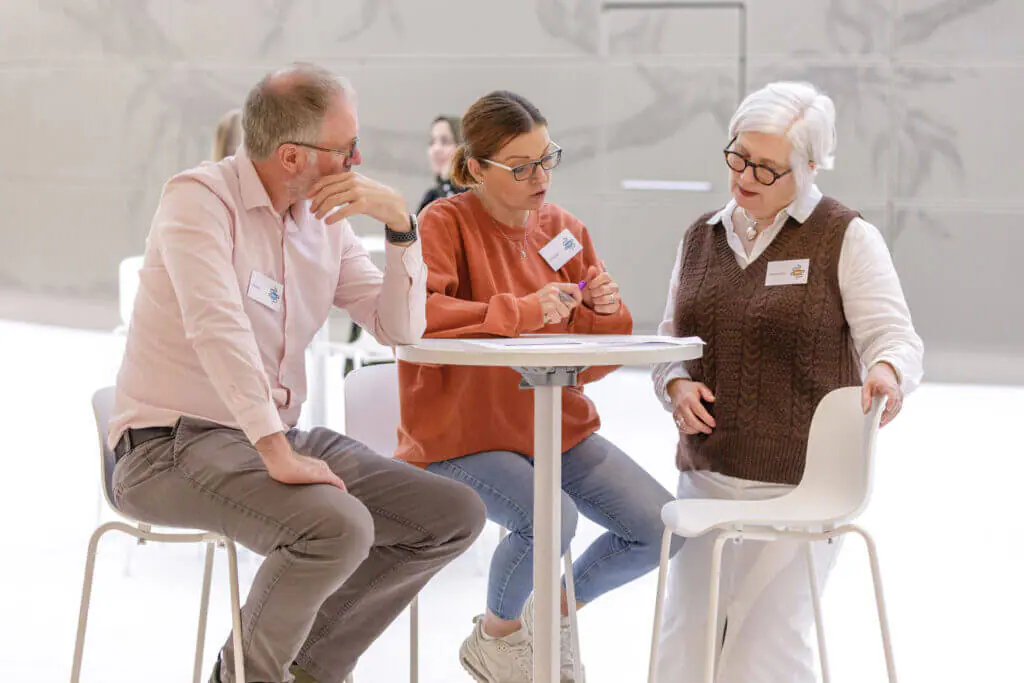
The story below is a summary of the workshop written by our partners at Wellcome Connecting Science.
Genetic research produces large amounts of information, some of which is potentially relevant to people’s health, but often it is not clear whether this information should be returned to people. Its relevance might not be certain, or might not be something that people can do anything about. As a result, whether and how to share these results has long been an important topic of discussion for projects in the field of genetic medicine.
This is a particular concern in the case of ‘secondary’ or ‘additional’ findings, which are unrelated to the initial condition being studied, but may have significant implications. As genetics becomes an increasingly important part of research into common, complex conditions, such secondary findings are inevitable.
The question of how to return additional findings is currently being faced by the NIHR BioResource, as they consider results from exome sequencing relating to inflammatory bowel disease (IBD) research led by Dr Carl Anderson at the Wellcome Sanger Institute. The NIHR BioResource is a national platform designed to accelerate research into a wide range of common and rare diseases by bringing together researchers and consented participants to help accelerate diagnosis and develop better treatments and care. This includes more than 45,000 Crohn’s disease and ulcerative colitis patients comprising the IBD BioResource.
On 20 November 2023, 15 IBD NIHR BioResource participants, six gastroenterologists and three genetics researchers joined members of the Wellcome Connecting Science Engagement and Society team at Hinxton Hall Conference Centre, on the Wellcome Genome Campus, in Cambridgeshire.
The aim was to contribute to the development of a clear and reassuring process for sharing genetic feedback related to additional findings with study participants, who have chosen to receive it. The one-day workshop considered the question in the context of IBD research, but provided participants with opportunities to learn from other projects such as the Genomics England 100,000 Genomes project, and engage in conversations across patient, clinical and scientific experiences.

People with IBD signed up to the NIHR IBD BioResource with the hope of helping to progress research into the causes and treatment of inflammatory bowel disease. Additional findings encompass genetic conditions not directly associated with IBD, but include a spectrum of specific, rare, and treatable conditions that could be identified through genome sequencing. These conditions, outlined in the Genomics England 100,000 Genomes project, range from predispositions to bowel, breast, and ovarian cancer (due to single gene mutations), to familial hypercholesterolemia.
The sessions raised some key points that should be considered in the design of the feedback process and have wider implications for NIHR IBD BioResource communication and involvement.
Outcomes and next steps
The participants’ perspectives generated important considerations for the design of the additional findings feedback process that are being reviewed by the BioResource team. These included an emphasis on the process of receiving additional findings starting with re-consent, as participants may well have forgotten they opted-in to receive them.
Participants raised concerns about the NHS’s capacity to handle the influx of individuals receiving genetic risk information, and made a number of suggestions related to communication about the additional findings process. These included the need for updates on the NIHR IBD BioResource programme and its findings related to inflammatory bowel disease ; recognising the reason that people became involved in research; and clarity on the limited number of genes being screened for, and the reasons behind their selection.

For the feedback process itself, participants emphasised the need for careful communication about conditions of particular interest to people with IBD, such as bowel cancer; and described the value of a tailored approach, such as choosing when to receive feedback, and which genes or conditions to focus on. Feedback, they suggested, should be supported by a range of tools to make the information accessible, and the process for feedback and follow-up should be timely and supported, to avoid prolonged anxiety.
Patients, clinicians, and scientists, all expressed a desire to be involved in similar events in the future, and patients in particular wanted to be more involved with the NIHR IBD BioResource’s work, and to be consulted on their future research. Wellcome Connecting Science will be working to deliver similar public dialogue projects across genomics research.
Researchers should be doing more of these events. It's always critically important to get the patient perspective.
Miles Parkes, Chief Investigator, NIHR IBD BioResource